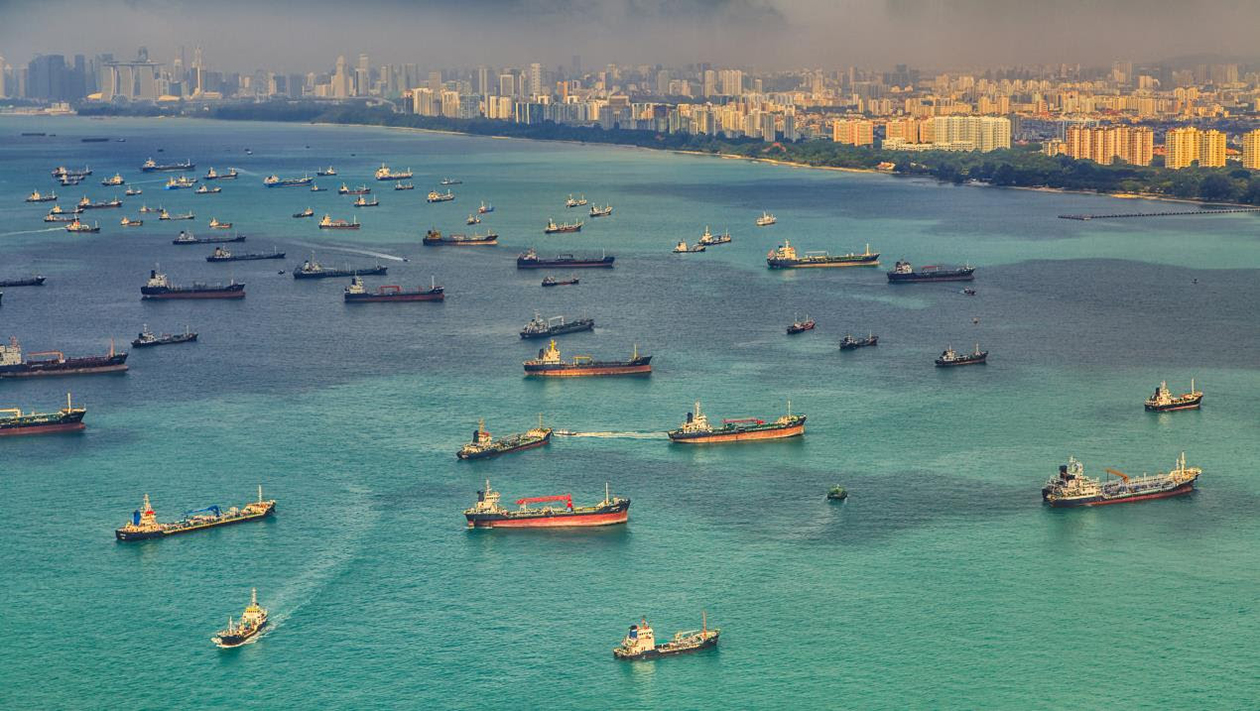The decision by the International Maritime Organization (IMO) to postpone the adoption of its Net-Zero Framework (NZF) has resulted in a revised timeline for the global decarbonization measure. The framework, which includes the proposed global carbon pricing mechanism, is now set for reconsideration a year later.
Revised Timeline for the Net-Zero Framework
Based on the decision reached during the /ES.2 session in October 2025, the NZF timeline has shifted as follows:
- Reconsideration and Approval: The framework will now be reconsidered for formal adoption at the next Marine Environment Protection Committee (MEPC) session scheduled for October 2026.
- Earliest Entry-into-Force Date: Due to the procedural timelines under the IMO’s tacit-acceptance system, the earliest feasible entry-into-force date for the NZF is now 1 March 2028.
This delay reflects a strategic recalibration of the industry’s decarbonization trajectory and pushes back the timeline for introducing the NZF’s core economic mechanism.
Ongoing Regulatory Obligations
Despite the postponement of the NZF’s adoption, the following regulations and strategy remain in effect:
- IMO 2023 Greenhouse Gas Strategy: The sector remains committed to the goal of achieving net-zero GHG emissions by or around 2050.
-
Existing Efficiency Regulations: Compliance remains mandatory for the in-force efficiency and data-reporting regulations, which form the technical foundation for the future NZF:
- Energy Efficiency Existing Ship Index (EEXI)
- Carbon Intensity Indicator (CII)
- Data Collection System (DCS)
Shipping companies must continue to maintain accurate fuel-consumption and emissions records, as this verified data will be critical for establishing credible baselines once the NZF’s pricing and compliance obligations are eventually introduced.





